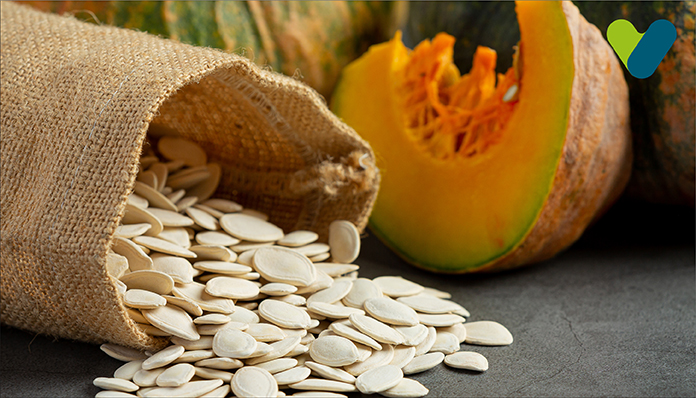Introduction
Dr Shankar, a paediatrician, often receives complaints from parents that their child is very moody, has dry skin, experiences excessive hair fall, or suffers from depression and anxiety.One day he decided to conduct a workshop with all the parents with similar issues and told them the reason behind these symptoms. He stated that children of different age groups face this due to the lack of omega-3 fatty acids. He noted various facts and reasons why one should take omega-3.
To this, Mrs Menon asked whether omega-3 is good for her child or not.
In this blog, we will learn about whether omega-3 is suitable for children or not.
What Are Omega-3 Fatty Acids?
Nutrients that you obtain from food or food supplements and help build and maintain a healthy body are called Omega-3 fatty acids.They are essential nutrients that we need in our day-to-day life to have a healthy body. They also help regulate and look after the proper functioning of particular body parts such as the heart and the lungs.
It is essential for our body as it can't produce it, and it has to be consumed artificially.
There are mainly three types of omega acids:
ALA: found in plants
EPA and DHA: located in a variety of fishes.
Benefits Of Omega Three Fatty Acids:
- Helps in Fighting Anxiety & Depression: It is seen that people consuming omega-3 are less likely to be suffering from anxiety and depression. It is also called an anti-depression drug.
- Improves Eye Health: Retina has omega-3 in it. And consuming it will lead to better eyesight.
- Improves Brain Health: It has a direct effect on serotonin levels and improves brain health.
- Reduce Risks of ADHD In Children: ADHD symptoms can develop in a child if they lack omega-3. Omega-3 also helps in reducing hyperactivity, keeps the brain calm, and reduces aggression.
- Helps In Reducing Asthma: omega-3 intake has shown a positive impact on children and adults suffering from asthma. It is proven that omega-3 intake is responsible for reducing the risk or probability of having asthma.
- Healthy Skin And Hair: Helps in promoting lustrous hair and healthy skin. Many prominent celebrities take omega-3 daily to have healthy hair and skin. It also helps in slowing down the ageing process.
Dosage of Omega-3 Acid
Although fatty acids are very good for your body, it should be noted that children should not consume them in large amounts. The dosage largely varies from age to age, and the amount of dosage should be prescribed by a paediatrician. Or it can have several side effects.For very small children, the dosage should not be more than 100gms, and for teenagers, the dosage should be limited to 200-300 gms.
Side Effects of Omega-3 Acid
- Stomach upset: Stomach Upset can be a major problem for people consuming omega-3 supplements for the first as it is new nutrition introduced in the body. However, as the body gets used to it, this will stop.
- Nausea: One might feel a bit nauseous after consuming omega-3 because it might cause acid reflux in the stomach.
- Bad breath: As omega-3 is a fatty acid and contains fat, it leaves a bad taste in the mouth after it is consumed.
Sources Of Omega-3 acids:
- Fish: Fish is one of the main sources of omega-3 that we can include in our diet. Fish such as mackerel, salmon, and tuna are high in fatty acids.
- Seeds and nuts: chia seeds, flax seeds, sunflower seeds, and hemp seeds are full of nutrients. Nuts like walnuts, cashews, and oats are high in omega-3.
- Plant oils: oils such as soybean, canola oil, cod liver oil, mustard oil, and walnut oil are rich in omega-3.
- Vegetables: Leafy vegetables like spinach, cauliflower are good sources of omega-3.


